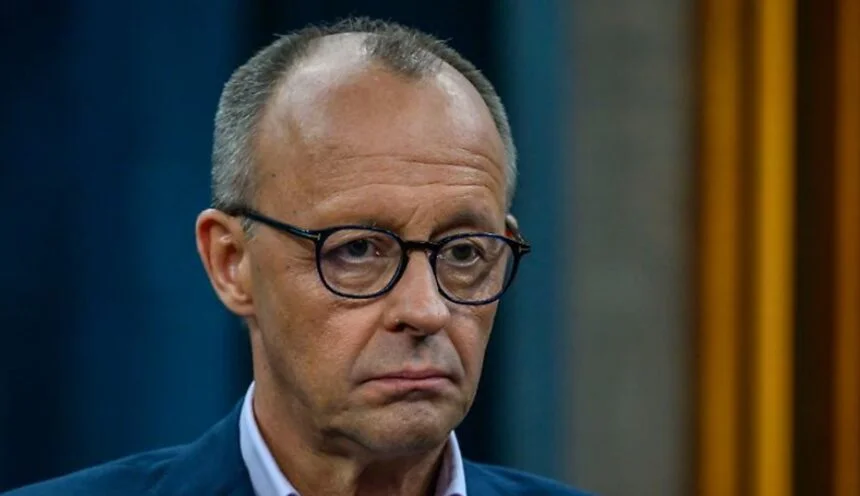Facing poor economic indicators, low public approval, and widespread dissatisfaction, Germany’s ruling coalition is embarking on a comprehensive modernization program aimed at reforming state services and boosting the economy.
Recent polls indicate that only 22% of Germans are satisfied with the performance of the federal government, composed of the CDU/CSU and SPD. Chancellor Friedrich Merc (CDU), under pressure to act, called a two-day cabinet working session, stating:
“The long-needed modernization of our state must now accelerate. We must rethink state services – they must become more efficient and simpler.”
The plan, called the “Modernization Agenda”, emphasizes reducing bureaucracy, streamlining administration, accelerating digitalization, and integrating artificial intelligence into public services. Measures include:
- One-day company registration through a central portal.
- A single national platform for car registration, replacing 400 regional portals.
- Creation of a digital “Work-and-Stay Agency” to simplify visas and recognition of professional qualifications.
The government aims to save €16 billion by cutting bureaucracy and reduce federal administration staff by 8% by 2029, spanning 80 individual measures.
Despite ongoing infrastructure projects ahead of the 2030 FIFA World Cup, such as stadiums, high-speed rail, and airport modernization, Merc stressed the importance of making Germany an attractive location for investment again.
Political Pressure Mounts
The government also faces rising political challenges, as the far-right AfD threatens to outpace the CDU/CSU in public opinion, especially in eastern states like Saxony-Anhalt and Mecklenburg-Western Pomerania, which hold elections next year.
Merc’s coalition has pursued team-building initiatives, including parliamentary retreats, visits to Kyiv, Oktoberfest, and informal gatherings, to foster unity ahead of major reforms, particularly in social security, healthcare, and pensions.
Chancellor Merc is expected to address the nation on German Unity Day (October 3), signaling a potential cultural shift and a new start for Germany amid growing economic and political pressures.







